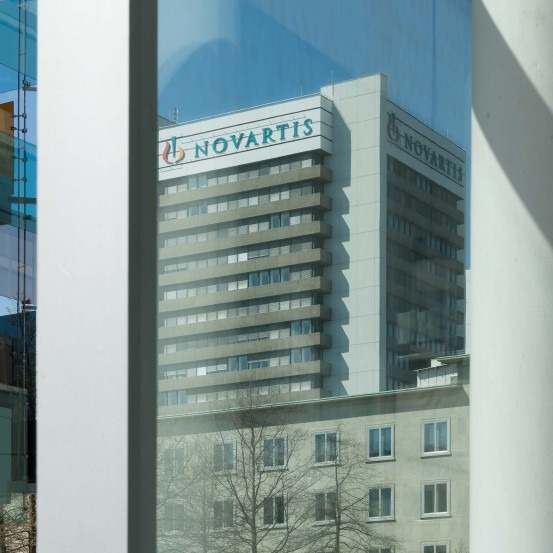Novartis has secured approval from the European Commission (EC) for its Cosentyx (secukinumab) to treat moderate-to-severe plaque psoriasis in children and adolescents aged between six and 18 years.

Novartis has secured EC approval for Cosentyx drug in paediatric psoriasis. (Credit: Novartis AG)
Subscribe to our email newsletter
Psoriasis, a life-long systemic inflammatory disease, is said to significantly affect the patients’ quality of life, both physically and emotionally.
Cosentyx is claimed to be the first and only fully-human biologic, which directly supresses interleukin-17A (IL-17A).
The EC approval was based on data from two phase III international studies, which evaluated children and adolescents aged between six and 18 years.
The two Phase III international trial includes one open‑label, two-arm, parallel‑group and multicentre study in children with moderate-to-severe plaque psoriasis, and one randomised, double-blind, placebo and etanercept-controlled study in children with severe plaque psoriasis.
According to the company, the studies demonstrated that both low-dose and high-dose of Cosentyx enabled to significantly improve skin symptoms and quality of life with a positive safety profile up to 52 weeks.
The prescribed dose of Cosentyx for children weighing up to 50kg is 75mg, while 150mg has been recommended for children weighing 50kg and over.
Novartis immunology, hepatology and dermatology medical affairs global head Todd Fox said: “The impact of psoriasis on children is much deeper than skin and can potentially lead to life course impairment.
“This is the second European approval this year for Cosentyx, which also has approvals across four adult indications, reinforcing our commitment to reimagine medicine for both pediatric and adult patients.”
Novartis is also expecting to secure approval for Cosentyx for the same condition in various countries such as Australia, Canada, Japan and the US.
In June this year, Novartis secured approval from the FDA for its Cosentyx to treat active non-radiographic axial spondyloarthritis (nr-axSpA).
 Advertise With UsAdvertise on our extensive network of industry websites and newsletters.
Advertise With UsAdvertise on our extensive network of industry websites and newsletters.
 Get the PBR newsletterSign up to our free email to get all the latest PBR
news.
Get the PBR newsletterSign up to our free email to get all the latest PBR
news.

